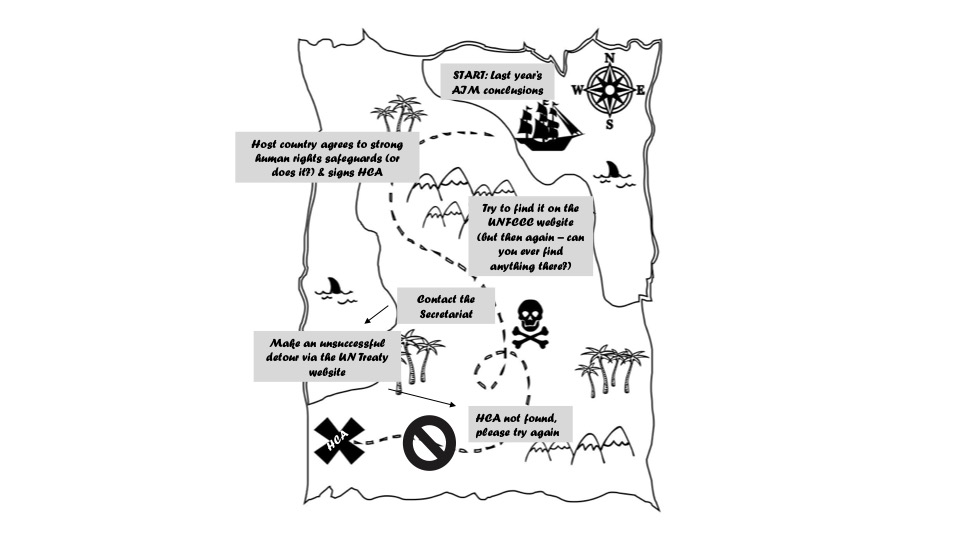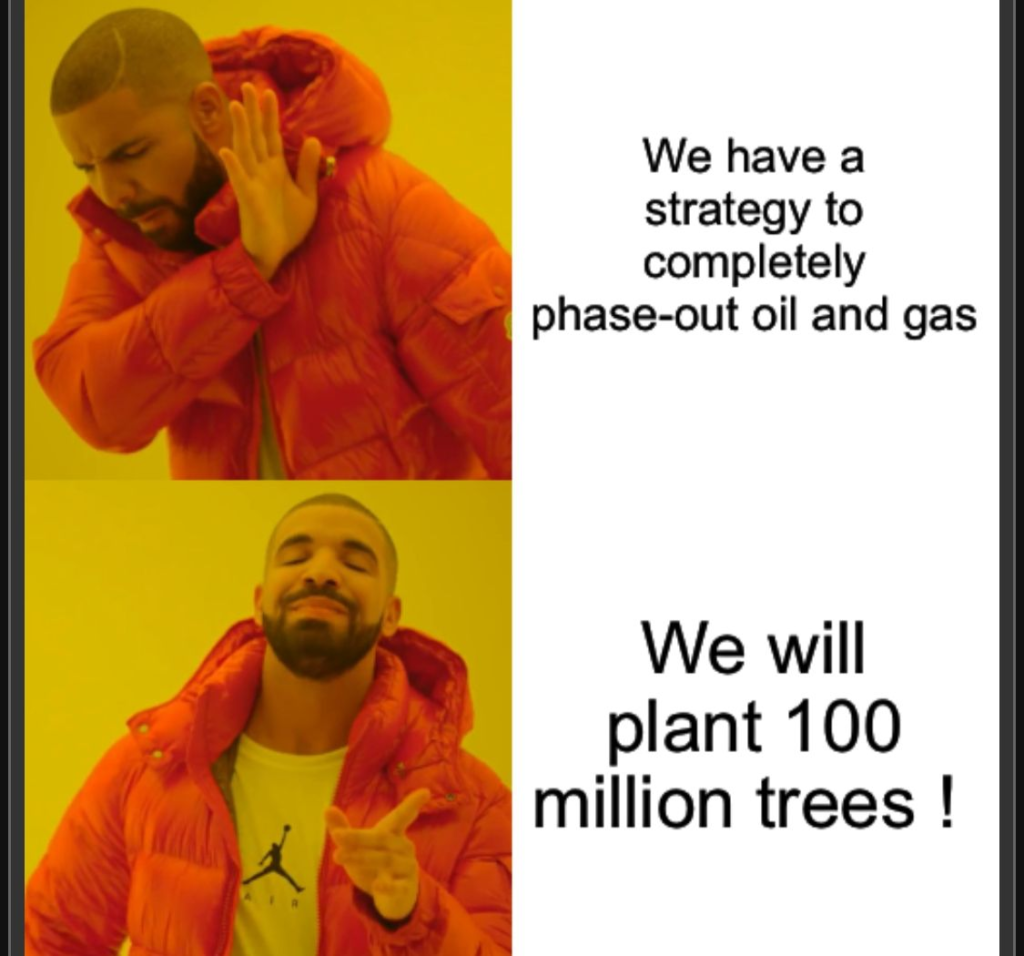Aggrivation!
Why farmers and negotiators should be worried about AI
Beep boop beep boop… There’s been quite a bit of talk of Artificial Intelligence (AI) and “technical innovations” in this week’s Sharm el Sheikh negotiations on agriculture. ECO wonders: have agriculture negotiators become so tired of working unsuccessfully towards consensus, that they have decided to leave the fate of our food systems in the hands of AI? Clearly, they have forgotten that doing so may lead to the loss of their very own negotiating jobs and livelihoods? On the other hand, computer-led negotiations on agriculture and food security may finally make them reflect on the plight of small-scale food producers seeing their land grabbed to create sensors-and-drone-farming installations.
The recent informal note outlining a roadmap for the joint work on agriculture and food security included a dubious push for tech-based “innovation”, such as AI or biotechnologies, to be discussed at the next sessions. ECO is really concerned about the focus shifting away from small-scale food producers and their livelihoods, instead being concerned with sci-fi illusions and techno-fixes to the climate crisis that will lead to unchecked loss of livelihood in rural communities and ultimately hunger.
ECO would like to remind delegates that one quarter of the world’s population relies on agriculture for its livelihood.
... Read more ...


